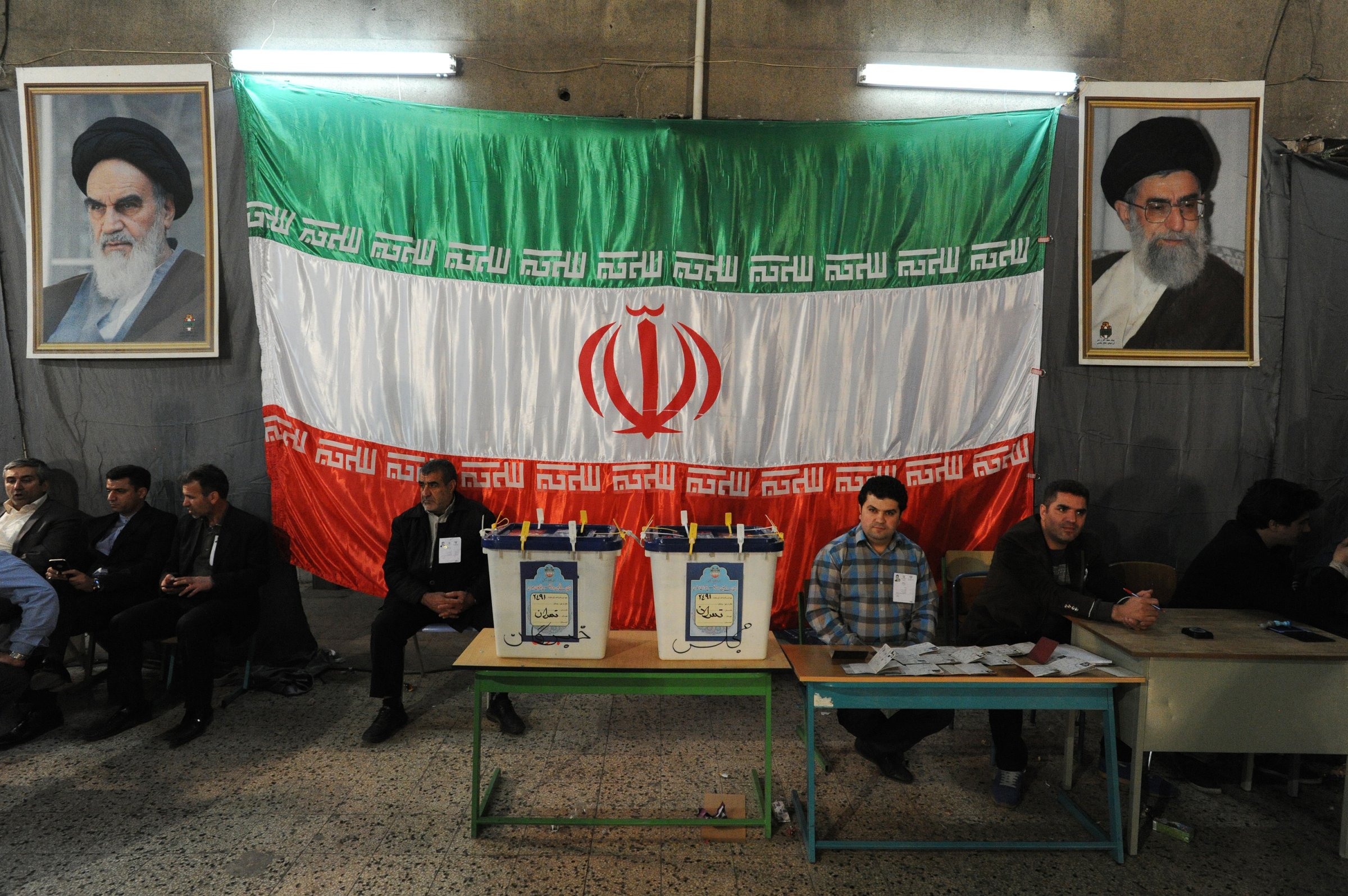
President Obama has made his share of foreign policy mistakes, particularly in the Middle East. But it’s ironic that Republican critics now hammer him hardest over his nuclear deal with Iran, a bet that has already paid out for those who want to undermine Iran’s hard-liners. Elections for Iran’s parliament and its Assembly of Experts–which picks the nation’s Supreme Leader–were hardly free and fair. Conservatives managed to block the candidacy of almost every well-known pragmatist and reformer–yet the few who were allowed to run made stunning gains in both elections.
It’s the Iranian people, not Obama, who produced this outcome. But without the nuclear deal that Obama pushed for–and the sanctions relief and economic surge it’s about to deliver in Iran–it’s unlikely that voters would have cast ballots to endorse change in such big numbers. A hard-line approach from the West would have surely provoked a hard-line response from Iran’s clerics, with support, or at best apathy, from the vast majority of Iranians. Instead, the nuclear deal and the accompanying optimism have driven a wedge between those in Iran who want to protect the cleric-controlled status quo and those who want a more open and dynamic society.
This is not a revolution. Hard-line conservatives held their own with voters outside Tehran. They still control the army, the courts, state-run media and the Revolutionary Guards, the dominant force in Iran’s foreign policy. When the current Supreme Leader, Ayatullah Ali Khamenei, dies, conservatives will work hard to ensure their candidate replaces him by any means necessary. A thaw in relations between Iran and the U.S. won’t come soon–if it comes at all.
But after the popular unrest that followed a rigged presidential election in 2009, the first-round landslide that lifted reformer Hassan Rouhani to the presidency in 2013 and this latest expression of the popular will, no one can deny that a large segment of Iran’s nearly 80 million people want a more open society and a more pragmatic approach to the outside world. This election was shaped in part by activists who took to social media–including Telegram, a messaging app popular with millions of Iranians–to organize and inspire like-minded people. Prominent conservatives were left to weave laughable conspiracy theories about foreign plots, undermining their already limited credibility with Iranians too young to remember the revolution.
Iran is one of the only countries in the Middle East where popular will matters. There is not yet a crucial shift in the balance of power within Iran, but for the moment reformers, including the country’s popular President, are emboldened. Hard-liners are on the defensive. That’s in part because Obama and other outsiders gambled on ending Iran’s isolation and giving its people a reason to invest in the promise of change.
More Must-Reads from TIME
- Donald Trump Is TIME's 2024 Person of the Year
- Why We Chose Trump as Person of the Year
- Is Intermittent Fasting Good or Bad for You?
- The 100 Must-Read Books of 2024
- The 20 Best Christmas TV Episodes
- Column: If Optimism Feels Ridiculous Now, Try Hope
- The Future of Climate Action Is Trade Policy
- Merle Bombardieri Is Helping People Make the Baby Decision
Contact us at letters@time.com